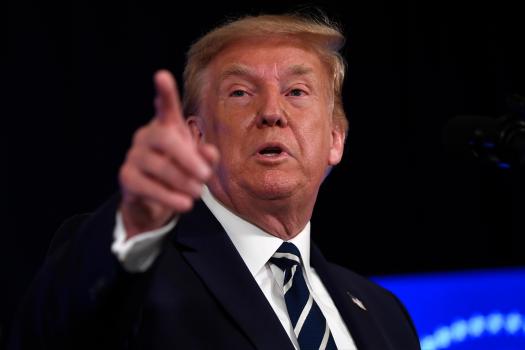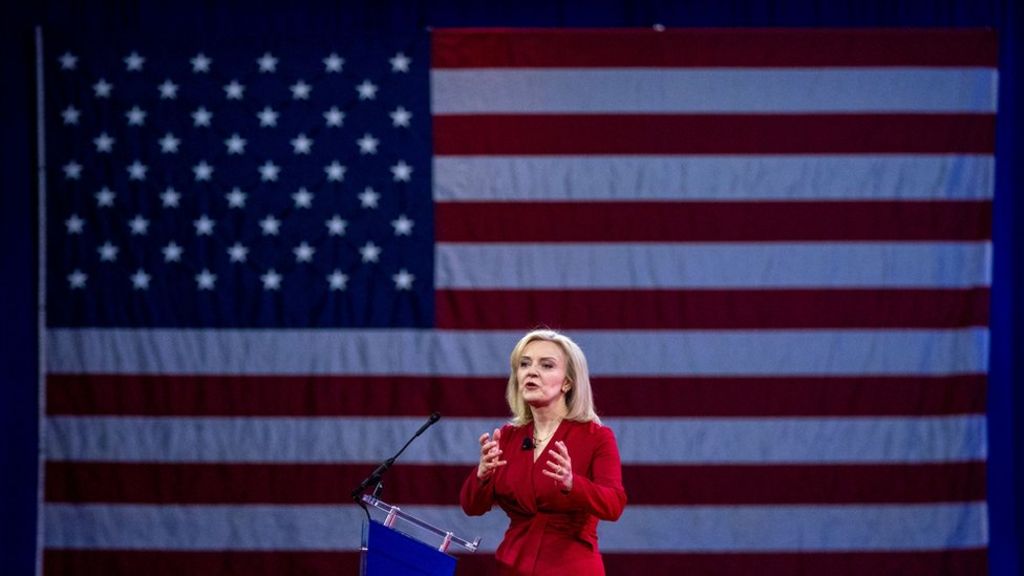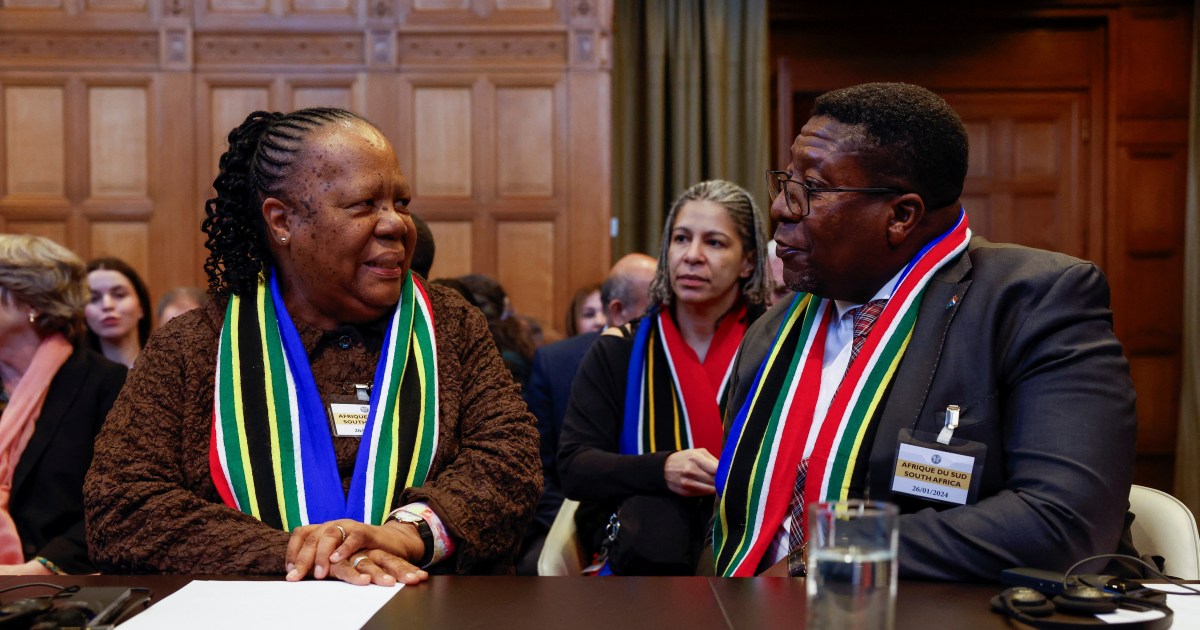In the era of President Trump, as government scientists worry that their most basic functions, even predicting the weather, will be attacked as “fake news,” at least 1,600 have resigned and 20% of positions remain unfilled.
With myriad suggestions for addressing the coronavirus pandemic, there is a common refrain: Trust the scientists.
But some scientific voice can be found to support nearly any assertion. Each year, nearly 2.5 million new scientific papers are published in about 30,000 journals. We can’t make policy based on single studies or the opinion of a single scientist.
There are legitimate disagreements about whether the virus is spread by droplets or airborne mists. There is evidence that opening schools will either harm or not harm small children. We don’t know for certain if the protection offered by cloth masks is similar to N-95s or how far we need to distance from each other. Knowing whom to trust is challenging.
Until very recently, the United States was the world’s exemplar in making sense from divergent scientific opinions. More than 150 years ago, President Abraham Lincoln and Congress created the National Academy of Sciences to provide independent, objective advice on science and technology. In the 1940s, engineer Vannevar Bush persuaded President Franklin Roosevelt that science was the ticket to a successful war effort and to a continuing strong economy.
Starting in 1933, U.S. presidents, Republicans and Democrats alike, made extensive use of a President’s Counsel of Advisors on Science and Technology (PCAST). Attending to consensus among scientific experts correlated with the rise in gross domestic product that made America the world’s most powerful economy. But, over the last 50 years, the strategy has been unraveling.
In the 1970s, U.S. Sen. William Proxmire, D-Wisc., often without evidence, began giving “Golden Fleece Awards” to deride research projects he did not like. In the 1970s through the early 1990s, Congress relied on a nonpartisan Office of Technology Assessment (OTA) for objective expert evaluation of complex scientific and technical issues. But, the OTA was dismantled in 1994 after some of its findings ran counter to the political leanings of the new congressional majority.
With no assured budget, funding for national academies of sciences, engineering and medicine has become dependent on the whims of the administration. The mission of the academies is to “advise the nation,” but they only advise when asked. Under this administration, they are asked rarely.
In the current environment, scientific advisory panels are no longer convened, PCAST appears to have no meaningful influence, executive branch science panels are inactive and the national academies are idle. Last week a letter signed by more than 400 experts raised concerns that the FDA will yield to political pressure and short circuit their own advisory boards to prematurely approve a coronavirus vaccine. As government scientists worry that their most basic functions, even predicting the weather, will be attacked as “fake news,” at least 1,600 have resigned, and 20% of positions remain unfilled.
For sure, there is an element of politics in all science as acceptability of methods, decisions on articles to publish and even the topics to investigate entail rivalries among scholars. Politicians sometimes exploit differences in data interpretation as scientific incompetence. But we should not confuse sometimes contentious discourse within the scientific community with the highly partisan political environment outside of it.
As citizens, we need a credible guide to help us sort through different interpretations of complex scientific data absent politics.
The good news is that there is a solution. The National Academies, OTA and PCAST have well-established processes for adjudicating scientific uncertainty and conflict independent of political pressure. These groups have well-defined ground rules. Members are nominated by their peers on the basis of scientific expertise, honesty and character and vetted carefully for financial, political or personal conflicts of interest. The focus is on the evidence: Perceived political consequences of scientific findings are not permitted in discussions.
As the election approaches, political campaigns should be held accountable for how they would gather, summarize and deploy scientific information insulated from partisan spin. And candidates should expect debate questions on how the US can re-establish global leadership in using objective research to inform public policy.
Robert Kaplan is a faculty member at Stanford’s Clinical Excellence Research Center and former associate director of the National Institutes of Health. Psychiatrist Leonard Glass is a Harvard Medical School associate professor. Clinical psychologist Edwin B. Fisher is a professor at Gillings School of Global Public Health at University of North Carolina-Chapel Hill.





















